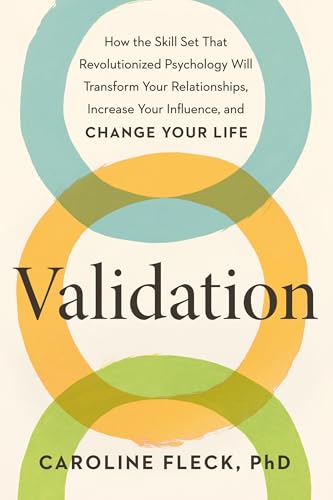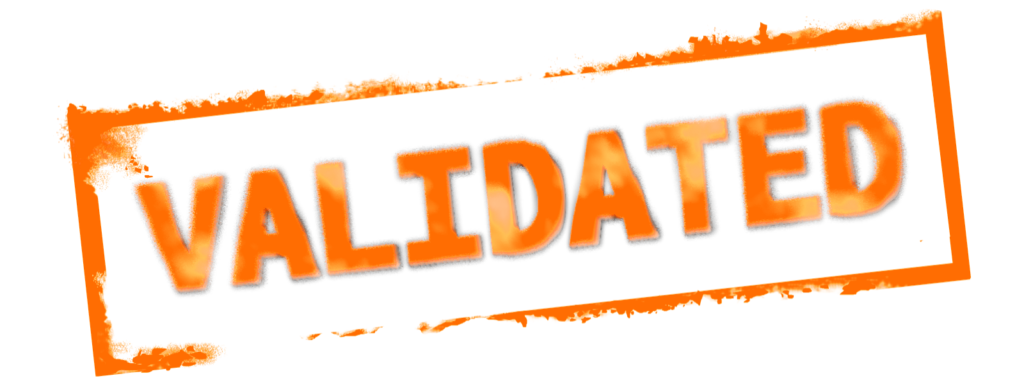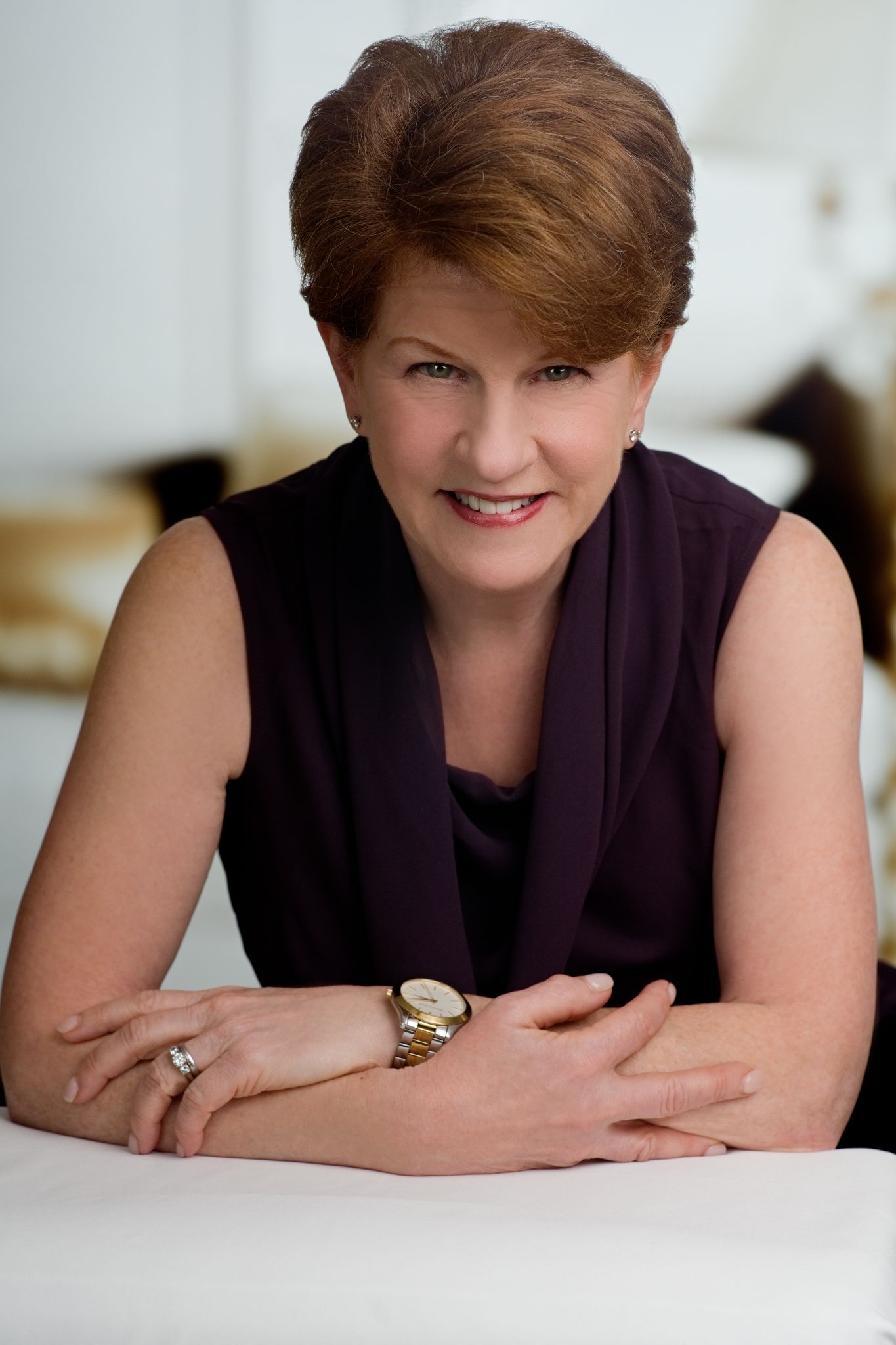

A few weeks ago, I ran a trust-building workshop for a team that is struggling. The team lead shared that he thought everything was fine and that the only challenge with the team was that they were hesitant to share their thoughts in a group setting.
The reality is that problems on this team ran deep. One of the gaps I observed was that the team lead did not validate his colleagues. Instead, he pushed back, challenged them, and spoke over them. I never saw him validate them.
Worth the share
Caroline Fleck, PhD, brought this gap to life in her new book, Validation: How the Skill Set That Revolutionized Psychology Will Transform Your Relationships, Increase Your Influence, and Change Your Life.
Now, that is a heady title. Here are her five key insights from the book, as featured in The Next Book Idea Club.
- Validation is not what you think. “Validation shows that you’re there, you get it, and you care.” It is not praise, problem-solving, or agreement.
- Validation is like MDMA for your relationships. (MDMA is the drug ecstasy or Molly). Validation increases trust, intimacy, and psychological safety. The author quotes research that being in a bad relationship is associated with the same death rate as smoking 15 cigarettes a day.
- Research suggests that validation is a catalyst for change. Anything rewarding can help to encourage behavior change. Feeling understood activates the same reward centers of the brain and also impacts social bonding.
- Validation is a skill anyone can master. The author discusses the skills associated with mindfulness, understanding, and empathy and how to use them in relationships, assuming you are authentic in your communication.
- Find the kernel of truth. The key here is to validate only what you believe is reasonable, such as behaviors, facts, or emotions. You don’t need to agree, but you need to validate at least one key point.
To learn more, check out Validation: The New Psychology of Influence.

#wisewords

“I’ve talked to nearly 30,000 people on this show, and all 30,000 had one thing in common: They all wanted validation…I would tell you that every single person you will ever meet shares that common desire.”
–Oprah Winfrey
And Finally...
Being validated can be undervalued in our culture, as evidenced by the team lead mentioned above. Oprah strongly believes in the importance of validating others, while author Pablo Caohe said, “What makes people weak? Their need for validation and recognition, their need to feel important. Don’t get caught in this trap.”
My gut tells me that in this quote, he is not thinking of validation the way Dr. Fleck defines it: “that you’re there, you get it, and you care.” One of the gifts of coaching others is validating them, listening to them, and not judging them.


Have a great week,
Mary Jo
